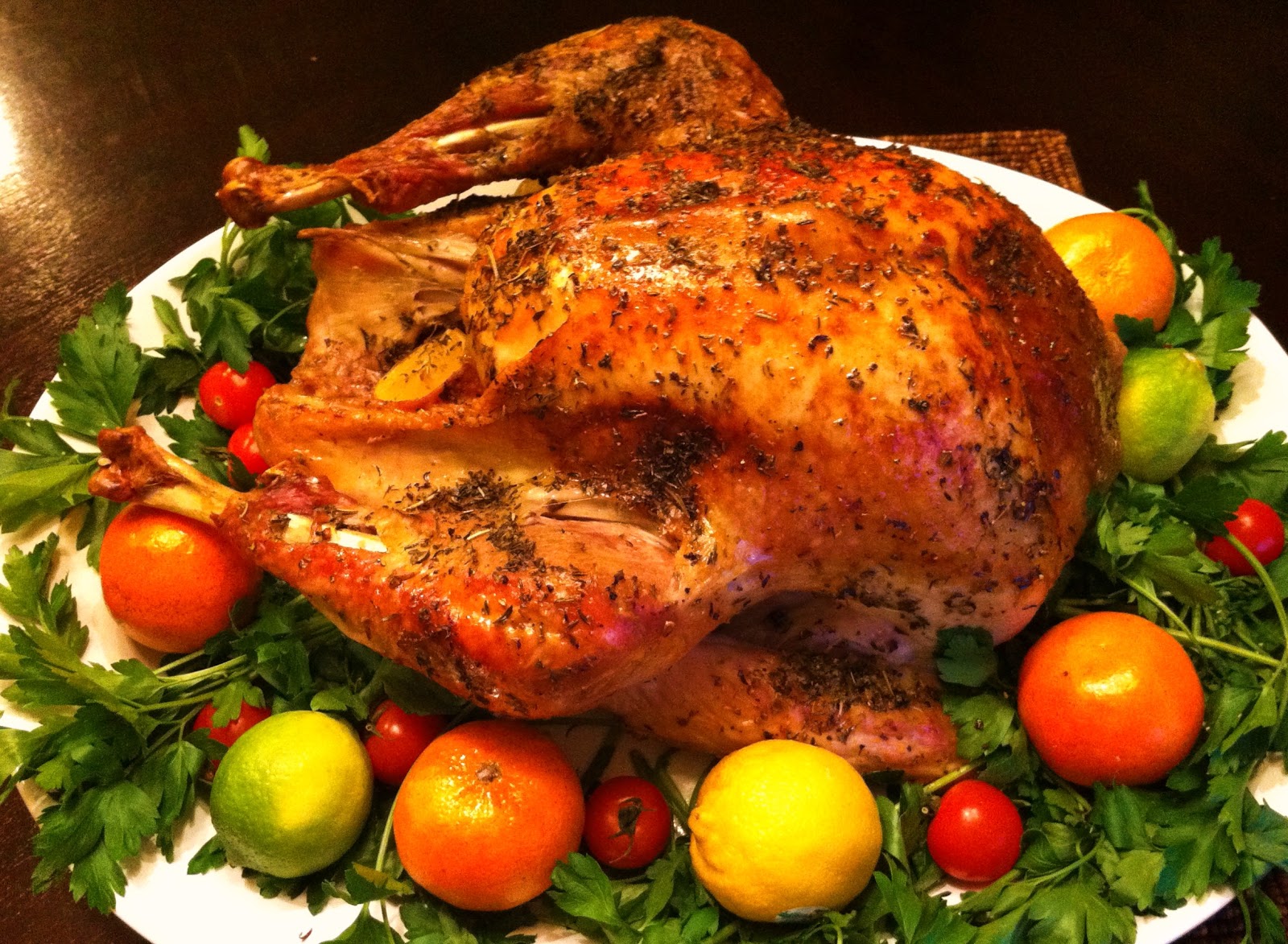Cooked turkey is not just a dish; it's a tradition that brings families together, especially during festive seasons like Thanksgiving and Christmas. In this comprehensive guide, we will explore everything you need to know about cooking turkey, from selecting the right bird to mastering various cooking techniques. Whether you're a novice in the kitchen or a seasoned chef, this article aims to enhance your culinary skills and ensure your turkey is the star of the meal.
With the right techniques and knowledge, anyone can cook a juicy, flavorful turkey that will impress family and friends. As we explore the world of cooked turkey, remember that practice makes perfect, and every cook has their unique style. Let's begin with understanding the basics of turkey preparation!
Table of Contents
- 1. History of Turkey
- 2. Choosing the Right Turkey
- 3. Preparing Your Turkey
- 4. Cooking Methods
- 5. Common Mistakes to Avoid
- 6. Mouthwatering Recipes
- 7. Storing Leftovers
- 8. Conclusion
1. History of Turkey
The history of turkey as a culinary delight dates back hundreds of years. Native to North America, wild turkeys were a staple for indigenous peoples long before European settlers arrived. As Thanksgiving became a national holiday in the United States, turkey solidified its place on the dinner table.
Interestingly, the domesticated turkey we cook today originated from Mexico. Spanish explorers brought these birds to Europe, where they became popular in various cuisines. Over the years, turkey has evolved into a symbol of celebration and gratitude.
2. Choosing the Right Turkey
When it comes to cooked turkey, selecting the right bird is crucial. Here are some factors to consider:
- Size: Consider how many guests you will serve. A general rule is to allocate 1 to 1.5 pounds of turkey per person.
- Type: Choose between fresh, frozen, or organic turkeys. Each type offers different flavors and textures.
- Quality: Look for turkeys that are free of additives and hormones for a healthier choice.
3. Preparing Your Turkey
Preparation is key to a delicious cooked turkey. Follow these steps:
3.1 Thawing the Turkey
If you're using a frozen turkey, allow it to thaw in the refrigerator for 24 hours for every 4-5 pounds. Never thaw turkey at room temperature to prevent bacterial growth.
3.2 Brining the Turkey
Brining is a popular method that enhances flavor and moisture. You can use a wet brine with water, salt, and spices or a dry brine with salt and herbs. Brine your turkey for at least 12 hours before cooking.
4. Cooking Methods
There are several methods for cooking turkey, each producing delicious results:
- Roasting: The most traditional method, roasting gives a crispy skin and tender meat.
- Smoking: Smoking infuses the turkey with rich flavors and is perfect for outdoor cooking.
- Deep-Frying: This method results in an incredibly crispy exterior but requires careful handling.
5. Common Mistakes to Avoid
Even experienced cooks can make mistakes when preparing turkey. Here are some common pitfalls:
- Not letting the turkey rest: Allowing the turkey to rest after cooking ensures juiciness.
- Overcooking: Use a meat thermometer to check for doneness—165°F is the safe temperature.
- Ignoring the gravy: The drippings from the turkey make for amazing gravy, don’t waste them!
6. Mouthwatering Recipes
Here are a couple of delightful turkey recipes to try:
6.1 Classic Roast Turkey
This simple recipe will yield a perfectly roasted turkey:
- Ingredients: 1 turkey, butter, salt, pepper, herbs (like thyme and rosemary).
- Instructions: Preheat oven to 325°F. Rub turkey with butter, salt, and pepper. Roast for 13-15 minutes per pound, basting occasionally. Let rest before carving.
6.2 Smoked Turkey with Applewood
For a smoky flavor, try this recipe:
- Ingredients: 1 turkey, applewood chips, olive oil, salt, pepper, garlic powder.
- Instructions: Soak applewood chips in water. Preheat smoker to 225°F. Rub turkey with oil and seasonings. Smoke for 30 minutes per pound, keeping the temperature steady.
7. Storing Leftovers
After the feast, you'll likely have leftover turkey. Here’s how to store it safely:
- Refrigerate leftovers within two hours of cooking.
- Store turkey in airtight containers or wrap it tightly in plastic.
- Consume within 3-4 days, or freeze for up to six months.
8. Conclusion
Cooking a delicious turkey is an art that anyone can master with the right knowledge and techniques. From selecting the perfect bird to avoiding common mistakes, each step is crucial for ensuring a flavorful and juicy roast. We hope this guide has inspired you to try your hand at cooking turkey and perhaps even create your own family traditions.
Don't hesitate to leave a comment below sharing your turkey cooking experiences or any questions you might have. If you enjoyed this article, consider sharing it with friends or exploring more of our delicious recipes!
Thank you for reading, and we look forward to seeing you again for more culinary adventures!
You Might Also Like
Spotted Cow Beer: A Comprehensive Guide To Wisconsin's Beloved BrewEverything You Need To Know About Oat Milk: The Ultimate Guide
What Country Am I In? A Comprehensive Guide To Understanding Your Location
How Much Vitamin D Should I Take? A Comprehensive Guide
Discover The Best Starbucks Coffee Drinks: A Guide For Every Coffee Lover
Article Recommendations
- Ella Bleu S Career Updates
- Poker Face Sunglasses
- Legal Seafood Recipes Crab Cakes
- Global Impact_0.xml
- Galaxy Playdough
- Hig Roberts
- Digital Strategy_0.xml
- Claudine Blanchard Crimes
- Business Tactics_0.xml
- How Tall Sarah Jessica Parker


